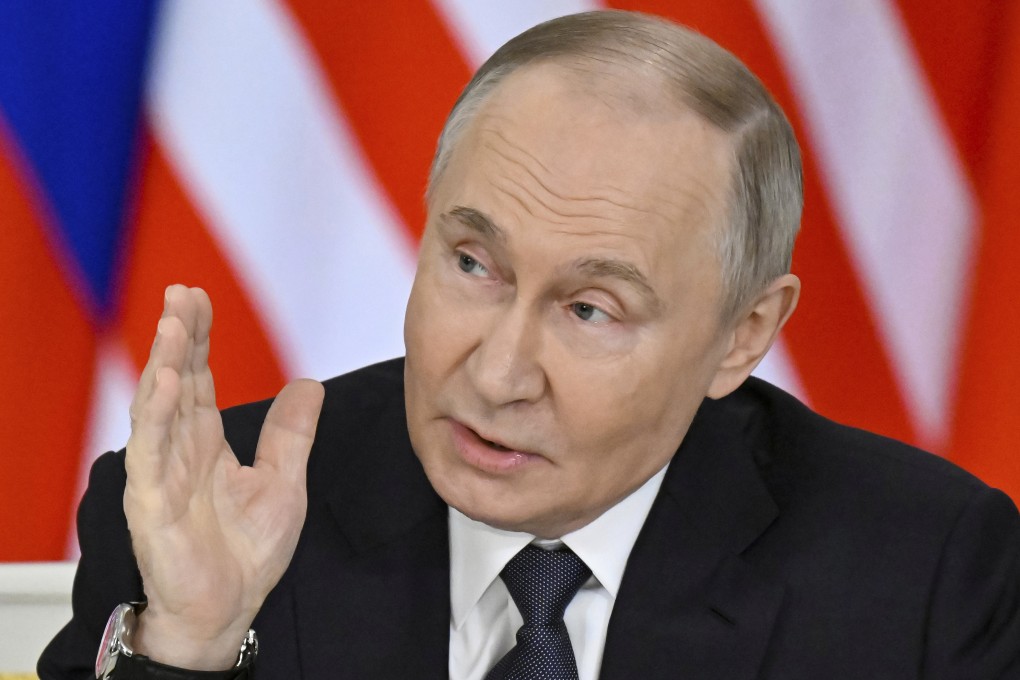Introduction
The ongoing war between Russia and Ukraine remains a focal point of global diplomacy. Recent peace talks scheduled in Istanbul, Turkey, have raised hopes for a breakthrough. However, Russian President Vladimir Putin’s absence from the delegation has sparked significant discussion about the future of these negotiations. In this article, we explore the key insights and implications surrounding Putin not attending the Ukraine peace talks.
1. The Official Delegation: Who’s Representing Russia?

Although Putin will not attend the talks, Russia will be represented by presidential aide Vladimir Medinsky. The Kremlin officially announced this delegation, signaling a more cautious or strategic approach from Moscow in these critical discussions.
2. Zelensky’s Call for Direct Talks
Ukrainian President Volodymyr Zelensky has repeatedly expressed his willingness to meet Putin face-to-face during these talks. However, he made it clear that he would only attend if Putin was present. This condition highlights the importance Zelensky places on direct communication between the two leaders to resolve the conflict.
3. The Role of Turkey as a Mediator
Turkey’s hosting of the peace talks at Istanbul’s Dolmabahce Palace marks its growing influence in international diplomacy. President Recep Tayyip Erdogan’s involvement reflects Ankara’s strategic role in facilitating dialogue between conflicting parties in the region. For context on Turkey’s diplomatic role.
4. Implications of Putin’s Absence
Putin’s decision not to attend may impact the talks’ effectiveness. Without direct involvement from Russia’s top leader, some analysts fear the negotiations may lack the authority needed to produce tangible agreements. Experts discuss these risks in Foreign Affairs.
5. International Reactions and U.S. Involvement
US President Donald Trump also announced he would not attend the talks despite initially hinting at participation if Putin was present. However, the U.S. plans to send a high-level delegation to support the peace process, underscoring the international community’s continued interest in resolving the conflict. The U.S. Department of State’s official statement provides details on American diplomacy.
6. Historical Context of Russia-Ukraine Negotiations
The last face-to-face talks between Putin and Zelensky were held in December 2019. Since the full-scale invasion began in 2022, direct dialogue has been sparse. These Istanbul talks are the first major diplomatic effort since the war intensified. A timeline of the conflict is available at BBC’s Ukraine conflict timeline.
7. What’s Next for the Peace Process?
With Putin absent and Zelensky’s attendance conditional, the talks’ outcomes remain uncertain. However, the discussions still offer a platform to address ceasefire proposals and lay groundwork for future negotiations.
Conclusion
While Vladimir Putin’s absence from the Istanbul peace talks presents challenges, the ongoing efforts to engage in dialogue demonstrate a persistent desire for resolution. Monitoring how the negotiations unfold will be crucial in understanding the next phase of the Russia-Ukraine conflict. Stay informed with the latest updates as this critical story develops.
For more insights on the conflict and peace efforts, check out our latest updates on the Ukraine conflict and learn about Turkey’s role in the peace talks.